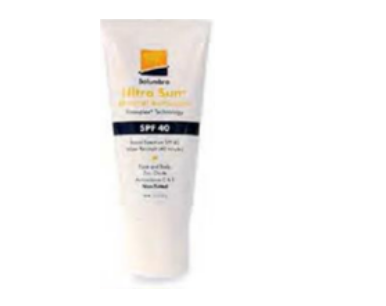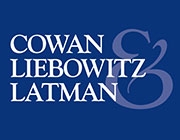Merely offering your goods under a trademark on a website or in a store is insufficient to support an allegation that you have used your trademark in U.S. commerce for a trademark application. You must actually sell or transport the goods bearing the mark to an unrelated party through U.S. interstate (or foreign) commerce. Similarly, shipment of goods bearing the mark from a manufacturer to the trademark owner, without more, is not sufficiently public to qualify as use for a trademark application. These use requirements were clearly applied by the Trademark Trial and Appeal Board (TTAB), which cancelled a registration for nonuse.

Background
Trademark Use. The U.S. rules for use of a trademark for goods are strict: Advertising the goods does not qualify as use—(1) the mark must be affixed to the goods, their containers, displays associated with the goods, tags or labels affixed to the goods, or on documents associated with the goods or their sale, and (2) the goods must be sold or transported in commerce. Simply offering to sell the goods does not qualify as use.
Service Mark Use. The U.S. rules for the use of a mark on services differ: Advertising the services may qualify, if (1) the mark is used or displayed in the sale or advertising of the services, and (2) the services are rendered in commerce. Merely offering the services does not qualify as use, if the services have not been rendered, as we previously wrote in a recent article and in an earlier article.
The Case
Sun Precautions, Inc. (“SP”), which marketed various products to protect sun-sensitive customers, was granted a U.S. trademark registration of ULTRA SUN for sunscreen products. SP had applied for registration based on its intention to use this mark for these goods. After several extensions, its deadline for filing a Statement of Use (compulsory for an intent to use application) was October 6, 2018 (the “Critical Date”). On October 4, 2018 SP filed a Statement of Use based on its offer of the product for sale that same day.
Ultrasun AG, which marketed sun-protection products, filed four U.S. applications to register ULTRASUN. All of Ultrasun’s applications were refused, based on a likelihood of confusion with the SP registration for the ULTRA SUN mark. Therefore, Ultrasun petitioned to cancel the SP registration on various grounds, including that SP had failed to use its mark in commerce by the Critical Date.
The Trademark Trial and Appeal Board (TTAB) determined that Ultrasun had met its burden of proving its claim of nonuse, and the TTAB cancelled SP’s registration based solely on this ground.
Before the Critical Date, SP possessed only one tube of ULTRA SUN sunscreen, which it referred to as a “prototype.” SP uploaded a picture of this same tube to its website, and SP displayed that tube for sale in its Seattle retail store.
Ultrasun’s marketing expert opined that this did not qualify as a bona fide use of the mark in the ordinary course of trade in the cosmetics industry. However, the TTAB found this expert opinion to be of low probative value because the Board found more instructive the evidence of SP’s actions as of the Critical Date.
The TTAB went on to decide that the display of this single tube of ULTRA SUN sunscreen as available for sale on its website, and making that same tube available for sale at its retail store, unaccompanied by any actual sale or transport of the goods as of the Critical Date, constituted mere advertising of the goods, and failed to demonstrate a sale or transport of the goods bearing the mark in commerce.
Further, to prevent any misunderstanding, the TTAB held that a shipment of the goods from the out-of-state manufacturer to the trademark owner also did not satisfy the use requirement when there was no further public sale or transfer of the goods.
Ultrasun AG v. Sun Precautions, Inc., Cancellation No. 92072352 (T.T.A.B. April 18, 2023).
Authors’ Note:
It is common for applicants to submit to the U.S. Patent and Trademark Office as a specimen of use a screenshot of a website page showing the mark in conjunction with the goods and through which those goods may be ordered. That is what SP did in this case.

However, the TTAB has made it clear that such a specimen of use will only be effective to establish use in commerce if the advertised goods have actually been sold or transported in commerce. Merely offering the goods for sale is not a sufficient basis for registering a trademark for goods. Similarly, offering services is not sufficient for registration of a service mark, unless the services actually have been rendered in commerce.
So, the lesson is: In applying for a registration, don’t jump the gun in claiming that your mark has been used in commerce.

